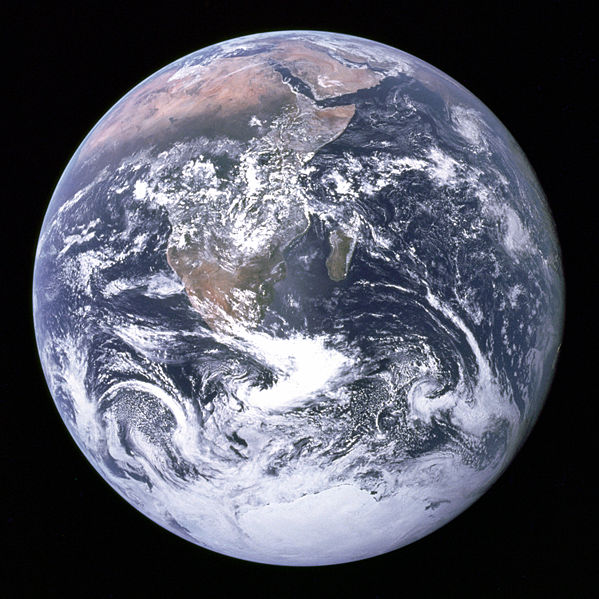 The planet is headed for an ecological credit crunch that will make Wall Street’s convulsions look positively jolly. In fact at the rate we’re going we’ll need two planets by 2030. That’s because more than three quarters of the human population now live in countries where consumption outstrips environmental renewal, reports the BBC. This makes them ecological debtors—drawing or overdrawing on land, forests, seas, and resources of other countries.
The planet is headed for an ecological credit crunch that will make Wall Street’s convulsions look positively jolly. In fact at the rate we’re going we’ll need two planets by 2030. That’s because more than three quarters of the human population now live in countries where consumption outstrips environmental renewal, reports the BBC. This makes them ecological debtors—drawing or overdrawing on land, forests, seas, and resources of other countries.
The Living Planet Report is the work of WWF, the Zoological Society of London and the Global Footprint Network. According to the latter: Our demand on nature, just as with the economy, is reaching a critical tipping point. Two years ago, their data showed humanity on track to reach the two-planet mark by 2050. Now we’ve accelerated our obsessive borrowing and should be there at around the time children born today are entering the workforce. . . Happy birthday, babies.
The countries with the biggest impact on the planet are the US and China, together accounting for 40% of the global footprint. The US also shares the limelight with the United Arab Emirates as the two nations with the largest ecological footprint per person. Malawi and Afghanistan have the smallest.
“The events in the last few months have served to show us how it’s foolish in the extreme to live beyond our means,” said WWF’s international president, Chief Emeka Anyaoku. “Devastating though the financial credit crunch has been, it’s nothing as compared to the ecological recession that we are facing.” More than $2 trillion lost on stocks and shares is dwarfed by the up to $4.5 trillion worth of resources destroyed forever each year.
Julia Whitty is Mother Jones’ environmental correspondent, lecturer, and 2008 winner of the Kiriyama Prize and the John Burroughs Medal Award.















